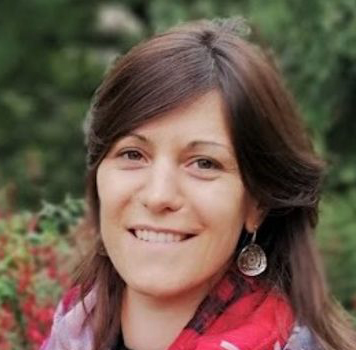Discrimination of Muslims in European Labour Markets
Discrimination of Muslims in European Labour Markets

 Image Nadia Snopek (via Shutterstock)
Image Nadia Snopek (via Shutterstock)
OSC Scientific Seminar 2020-2021
Friday 28th May 2021, 11:30 / 13:00 am (Zoom videoconference)
Discrimination of Muslims in European Labour Markets:
Evidence from Cross-National Field Experiments
Valentina Di Stasio
Assistant Professor
Utrecht University
European Research Centre on Migration and Ethnic Relations (ERCOMER)
Drawing on the GEMM Project, a cross-nationally harmonized field experiment conducted in five European countries (Britain, Germany, Netherlands, Norway and Spain), I analyze whether and how employers discriminate on the basis of ethnicity, religion and gender when making hiring decisions.
I compare the callbacks received by applicants with identical skills, qualifications and work experience but varying in gender, ethnic and religious background, across different institutional contexts.
In the seminar, I present selected findings from a set of studies on the topic of anti-Muslim discrimination. I show that applicants originating from countries where Islam is the dominant religion are targets of employer discrimination. In particular, in the British context, a meta-analysis indicates that the level of discrimination faced by South Asians is as high today as it was 50 years ago.
With regard to cross-national differences (and similarities!) in discrimination rates, institutional theories cannot convincingly explain the pattern of findings I observe. Results indicate that employers are not simply avoiding applicants from any culturally distant group, but rather show an especially strong reluctance to hire Muslims. At the same time, I find large variation in the callbacks received by Muslim applicants, depending on their country of origin: employers are less likely to hire Muslims originating from more authoritarian and more gender-unequal countries, which suggests that Islam is a brighter boundary for some Muslim groups than others.
Registration is mandatory to join the ZOOM meeting (the link will be sent one day before).
 Valentina Di Stasio is Assistant Professor at the Utrecht University - ERCOMER and a research fellow of the WZB Berlin Social Science Centre. Her recent work, based on experimental and observational data, focuses on discrimination on grounds of ethnicity, race, gender and religion, and has a strong comparative focus.
Valentina Di Stasio is Assistant Professor at the Utrecht University - ERCOMER and a research fellow of the WZB Berlin Social Science Centre. Her recent work, based on experimental and observational data, focuses on discrimination on grounds of ethnicity, race, gender and religion, and has a strong comparative focus.
Before joining Utrecht University, Valentina worked at the University of Oxford, the WZB Berlin Social Science Centre and the University of Amsterdam.
Her PhD thesis – "Why Education Matters to Employers: A Vignette Study in Italy, England and the Netherlands" – was awarded a prize for best dissertation of the year (2015) by the European Consortium for Sociological Research.
Her work has been published in various peer-reviewed journals, including: Annual Review of Sociology, Social Forces, European Sociological Review, Sociology of Education, Research in Social Stratification and Mobility, The British Journal of Sociology, Journal of Ethnic and Migration Studies.









